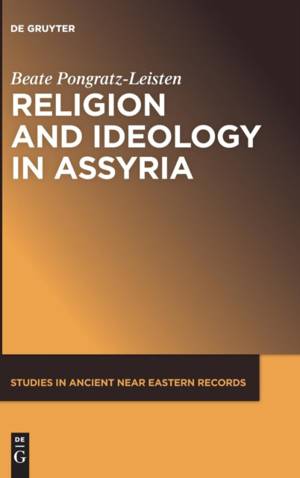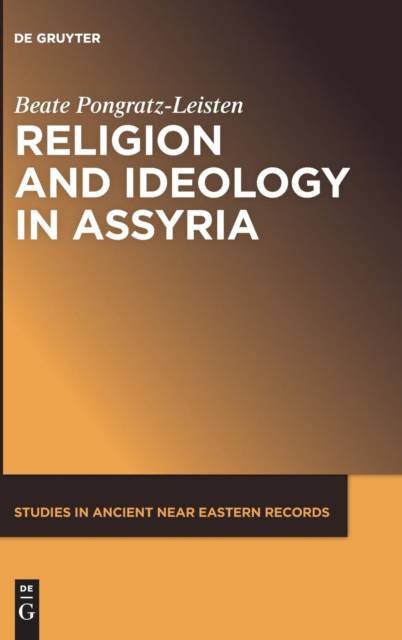
- Retrait gratuit dans votre magasin Club
- 7.000.000 titres dans notre catalogue
- Payer en toute sécurité
- Toujours un magasin près de chez vous
- Retrait gratuit dans votre magasin Club
- 7.000.0000 titres dans notre catalogue
- Payer en toute sécurité
- Toujours un magasin près de chez vous
Description
Addressing the relationship between religion and ideology, and drawing on a range of literary, ritual, and visual sources, this book reconstructs the cultural discourse of Assyria from the third through the first millennium BCE. Ideology is delineated here as a subdiscourse of religion rather than as an independent category, anchoring it firmly within the religious world view.
Tracing Assur's cultural interaction with the south on the one hand, and with the Syro-Anatolian horizon on the other, this volume articulates a "northern" cultural discourse that, even while interacting with southern Mesopotamian tradition, managed to maintain its own identity. It also follows the development of tropes and iconic images from the first city state of Uruk and their mouvance between myth, image, and royal inscription, historiography and myth, and myth and ritual, suggesting that, with the help of scholars, key royal figures were responsible for introducing new directions for the ideological discourse and for promoting new forms of historiography.
Spécifications
Parties prenantes
- Auteur(s) :
- Editeur:
Contenu
- Nombre de pages :
- 570
- Langue:
- Anglais
- Collection :
- Tome:
- n° 6
Caractéristiques
- EAN:
- 9781614514824
- Date de parution :
- 25-09-15
- Format:
- Livre relié
- Format numérique:
- Genaaid
- Dimensions :
- 156 mm x 234 mm
- Poids :
- 1052 g

Les avis
Nous publions uniquement les avis qui respectent les conditions requises. Consultez nos conditions pour les avis.






